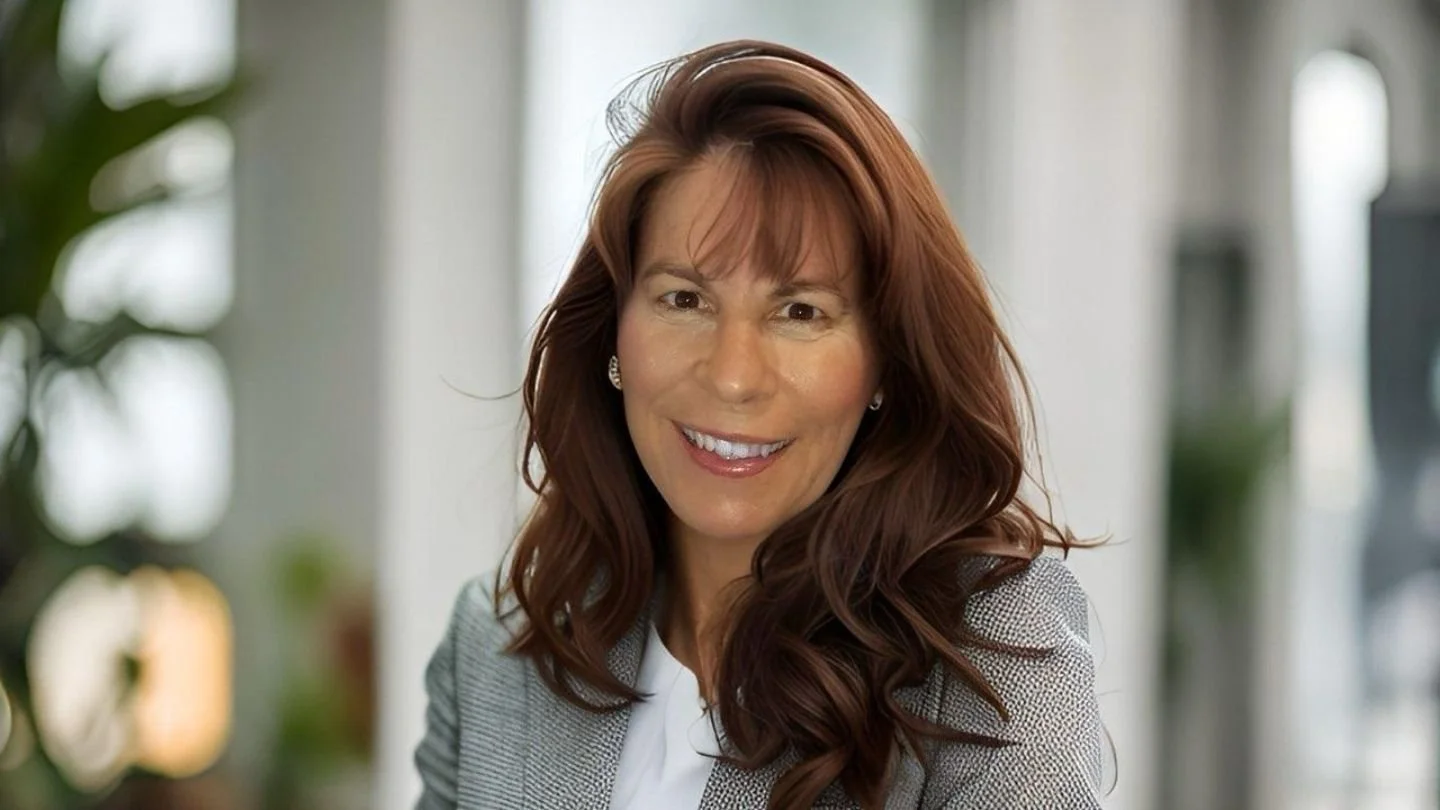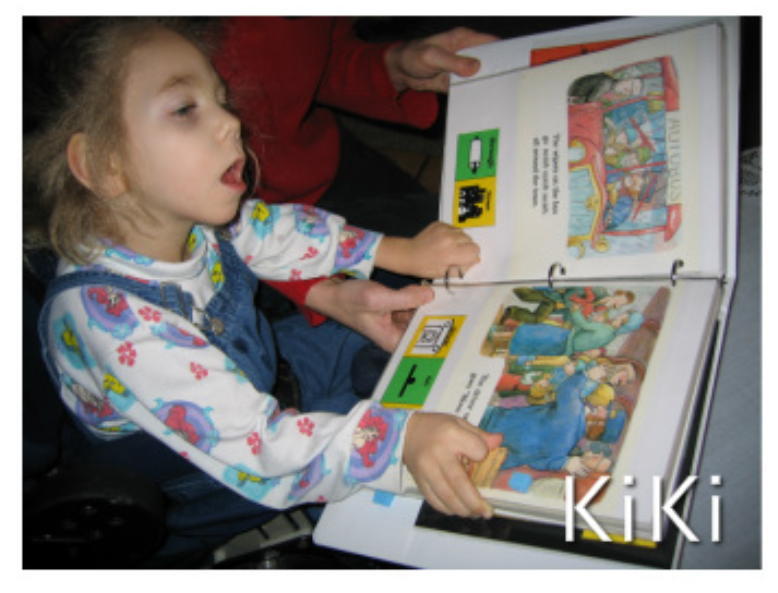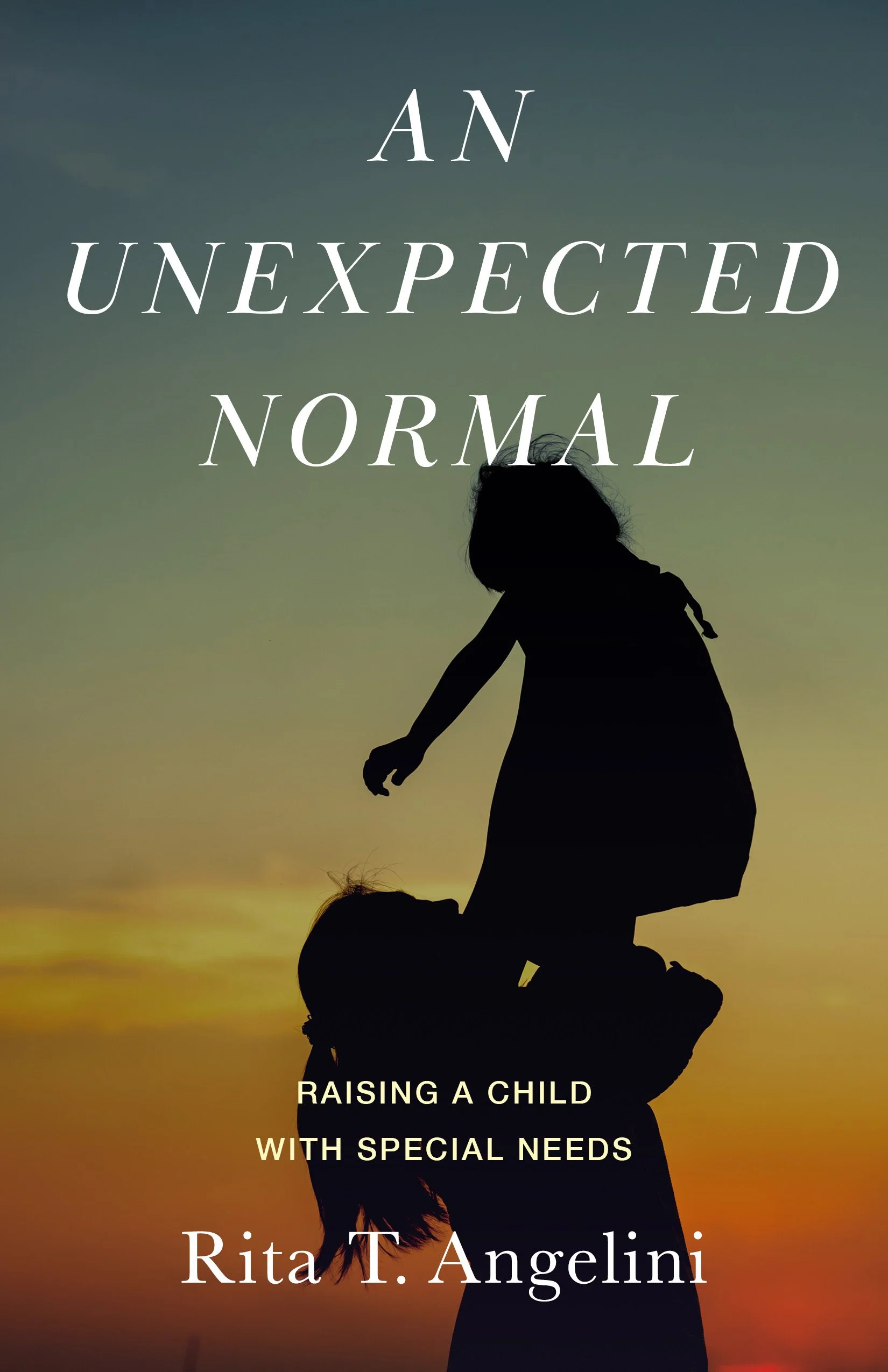About Rita Angelini
Rita Angelini is a retired Certified Public Accountant who now pursues her passion for writing full time. An Unexpected Normal won Silver for “Unpublished Memoir” in the 2022 Royal Palm Literary Competition, and Rita has published four short essays in four anthologies: Storm Stories Hurricane Ian, Meaningful Conflict, Turning Points, and How I Met My Other. She is also a member of multiple writers associations. When not writing, she enjoys volunteering with the disabled, boating on the Gulf, and traveling the country in her RV. Rita lives in Fort Myers, Florida.
How My Journey Began
Faced with the possibility of losing our three-day-old second child when she contracts meningitis, Normann and I experience all five stages of grief. Terrified for our daughter, we bargain, plead, and beg for a miracle—and we get one, but it isn’t what we expected: though KiKi survives, her illness results in severe brain damage, and she is ultimately diagnosed with cerebral palsy.
In the aftermath of this diagnosis, denial and anger take over. I fight to keep my vision of who I think KiKi could be, and I channel my energy into searching for a procedure—some therapy—that would change KiKi’s outcome. In pursuit of a cure, we treks across the United States and abroad—but somewhere along the way, acceptance of and joy in who KiKi is prevails over the idea of “fixing” her.
A memoir of unending hope, faith lost and rediscovered, and unconditional love, An Unexpected Normal offers other parents of children born with a disability hope that joy is always within reach—even in the most challenging of circumstances.
An Unexpected Normal
Raising a Child with Special Needs
Coming February 2026!
Faced with the possibility of losing their three-day-old second child when she contracts meningitis, Normann and Rita Angelini experience all five stages of grief. Terrified for their daughter, they bargain, plead, and beg for a miracle—and they get one, but it isn’t what they expected: though KiKi survives, her illness results in severe brain damage, and she is ultimately diagnosed with cerebral palsy.
In the aftermath of this diagnosis, denial and anger take over. Rita fights to keep her vision of who she thinks KiKi could be, and she channels her energy into searching for a procedure—some therapy—that would change KiKi’s outcome. In pursuit of a cure, the Angelini family treks across the United States and abroad—but somewhere along the way, acceptance of and joy in who KiKi is prevail over the idea of “fixing” her.
A memoir of unending hope, faith lost and rediscovered, and unconditional love, An Unexpected Normal offers other parents of children born with a disability hope that joy is always within reach—even in the most challenging of circumstances.
“An Unexpected Normal is a heartfelt memoir, and Angelini conveys her emotions with unflinching honesty, sharing moments of fear, guilt, and exhaustion alongside tenderness and pure love, allowing readers in on a deeply human level. . . she brings her family’s daily life vividly to the page. Beautiful, and very highly recommended.”
—Readers’ Favorite, 5–star Review
“An Unexpected Normal is a testimony to the importance of community, told with clarity and emotion by a warrior mother who never gives up.”
—Marianne Leone, actress and author of Jesse
PRE-ORDER IS AVAILABLE:
An Unexpected Normal
-
Chapter 29
Adaptations
5 years
I was taught never to destroy a book, but KiKi’s needs were more important.
KiKi’s speech therapist, Jill, had read KiKi stories that included Boardmaker communication symbols. The stories were about going to the doctor or dentist or school. I wanted her to have Clifford and Curious George. Still, I cringed when I sliced Wheels on the Bus into pieces. Placing contact paper on both sides of the page, I painstakingly split one page into two and placed each page onto a sheet of paper and pasted the corresponding Picture Communication Symbols (PCS) below each page.
I then placed each sheet into a page protector and put them into a binder so KiKi could know the same joy of reading and turning the pages. To complement the book, I created a song board using PCS.
Using thirty hours of my scarce free time, I created my first adaptive book.
I showed the book and song board to KiKi’s preschool teacher, Mrs. Capparusso, and asked if she’d be able to use it in class.
She fingered the book, impressed. “Yes. I like the pictures with the words. That helps the typically developing kids with word correlation. I’ll give you a list of books we’ll be using in the classroom for the next two months.”
Not having time to buy the books and adapt them the way I made Wheels on the Bus, I borrowed the books from the library and created communication strips that I barely tacked to the book to avoid permanent damage. In circle time, the teacher read the story to the class, reinforcing the words with the communication strips. After story time, KiKi’s aide, Nora, read the book again to KiKi so she saw the symbols up close.
When KiKi had speech therapy, I showed Jill the book. She told me of another mother, Jodi Miller, who was interested in adapting books. A few days later, Jodi and I agreed to work together. Her goal: make books for Gillette School. My goal: place the adaptive books into public libraries, available for checkout.
We switched to laminate, which was more durable than page protectors and easier than splitting pages on a mass scale. We color-coded each word for the parts of speech, determined the dimensions of each symbol, and used four symbols per page. We called the project “Leap into Literacy.”
I planned to fund the project myself, working on it in my spare time. Jodi’s idea was grander: to involve the community by holding a fundraiser and soliciting help to assemble the books.
Since KiKi’s birthday was in late April and Jodi’s son Jake’s was in early May, we planned a joint birthday party/carnival and invited friends, family, and classmates from Gillette. Instead of birthday gifts, we requested donations for the project. We raised $3,000 to adapt 150 mainstream books.
Marina’s Girl Scout troop wanted to get involved. They held a book drive for picture books ranging from preschool to third grade. I created and printed communication strips for the books I received.
Confirmation candidates needing service hours were found at my local church, St. Al’s. They cut the books apart and laminated the corresponding communication strip at the bottom of each page. Each story went into its own binder. Jodi and I supervised the assembly, improving the process each time. The kids were proud of their work.
To publicize the books, Daily Herald reporter James Fuller detailed the benefits of the books for special needs children in a news article that ran on June 16, 2004. The article requested volunteers and funds to keep the project going. We had a wonderful response.
During Library Week, I donated the first forty books to the Prospect Heights Library. KiKi applied for her library card and checked out an adaptive book especially created for her. I would continue to adapt books and donate over four hundred to public libraries.
Chat with me
I’d love to hear about your project and creating books for special needs children.






